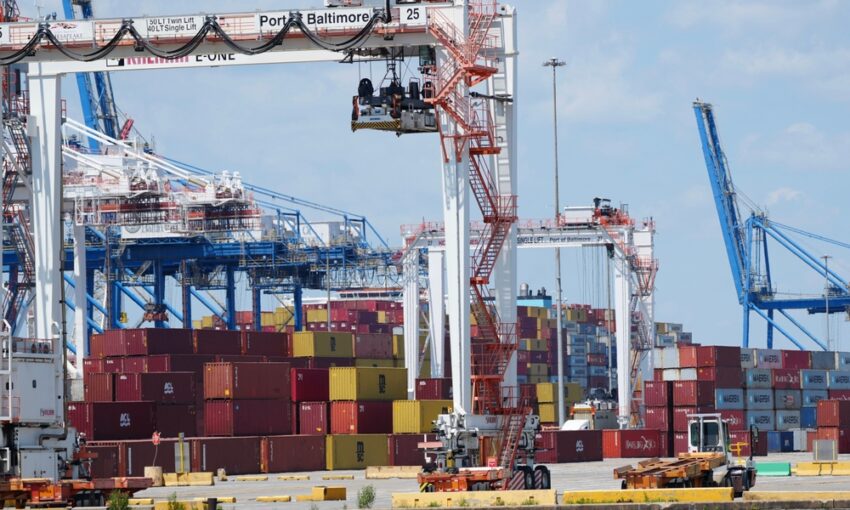Following a significant strike, US dockworkers have secured a pivotal six-year wage agreement. This development comes after major port disruptions.
The strike that commenced on October 1 brought operations at 36 ports, stretching from Maine to Texas, to a standstill. This unprecedented halt affected prominent shipping hubs, including New York, Baltimore, and Houston. As members of the International Longshoremen’s Association (ILA) walked out, it marked their first collective strike action since 1977.
Analyzing the financial ramifications, JP Morgan estimated the economic impact of the strike at a staggering $5 billion per day. The situation compelled the United States Maritime Alliance (USMX) to negotiate fervently, resulting in a historic agreement that promises a 62% wage increase over a six-year span for the dockworkers.
Although the deal was reached, it is important to note that the strike is merely suspended until January, as further negotiations are necessary to address other pressing concerns.
Automation at various ports has been a significant point of contention for the ILA.
The union argues that technological advancements in port operations could jeopardise numerous jobs, heightening the sense of urgency to reach a comprehensive agreement.
Despite this tentative wage deal, the dockworkers’ apprehensions over automation remain a critical issue that could influence future negotiations.
President Joe Biden welcomed the resolution, acknowledging the dockworkers’ indispensable role in the economy. He stated that the agreement represents vital progress towards establishing a robust contract.
Vice-President Kamala Harris also commended the agreement, reinforcing the importance of fair compensation and collective bargaining.
This sentiment was echoed by stakeholders across the logistics and transportation sectors who welcomed the end of the strike.
ILA President Harold Daggett has been vocal about his opposition to automation projects, expressing concerns over potential job losses and emphasising the vital role of dockworkers in the maritime industry.
In his emphatic style, Daggett stated, “We’re going to show these greedy bastards you can’t survive without us.”
This bold declaration highlights the union’s determination to protect their members’ interests amidst advancing industry practices.
The success in securing a substantial pay rise underscores the union’s negotiating power, drawing attention to the already high earnings of many dockworkers.
Reports indicate that over half of the workforce at the New York-New Jersey port earn upwards of $150,000 annually. This includes some employees, such as ILA President Daggett, who reportedly earned more than $900,000 last year.
Despite these figures, the commitment to fair wages remains a central issue for the union.
With the immediate wage concerns settled, focus shifts back to technological impacts, especially automation at ports.
This area is anticipated to be contentious as dockworkers aim to shield jobs from technological displacement by negotiating terms that favour long-term job security.
While the wage increase temporarily resolves one conflict, the broader conversation about automation continues. Further discussions are anticipated.


